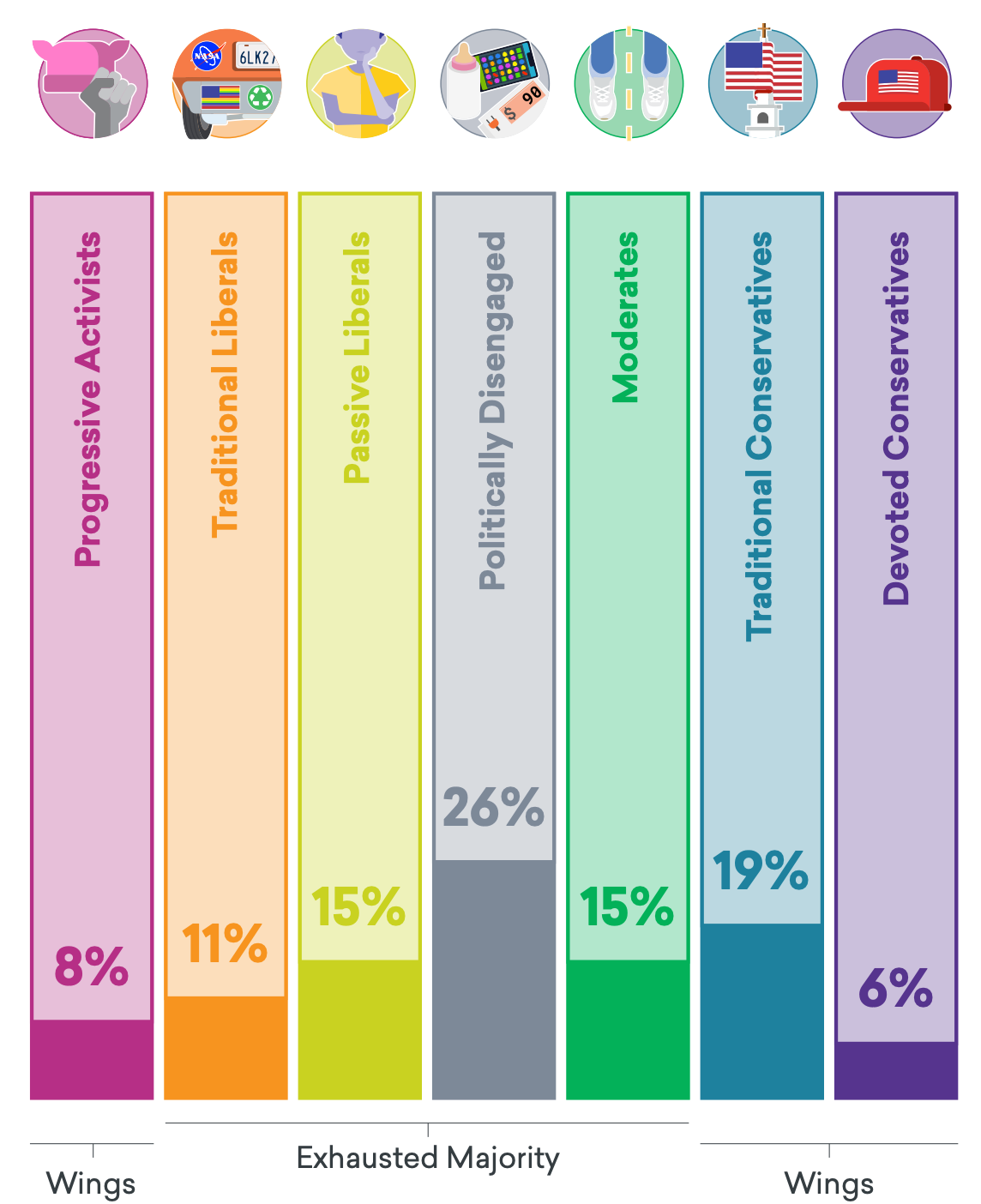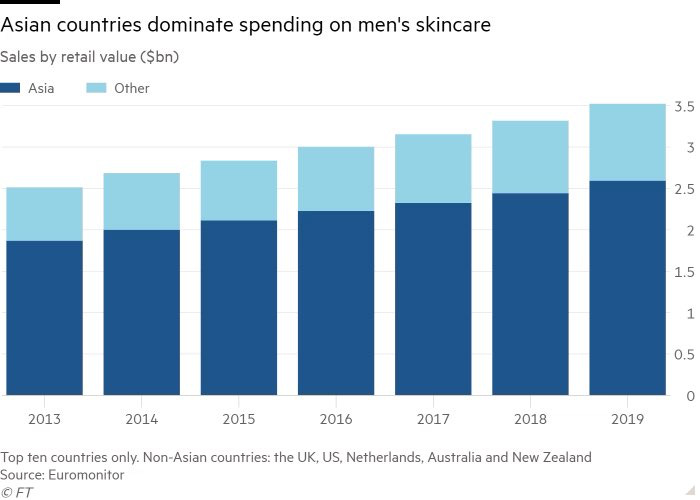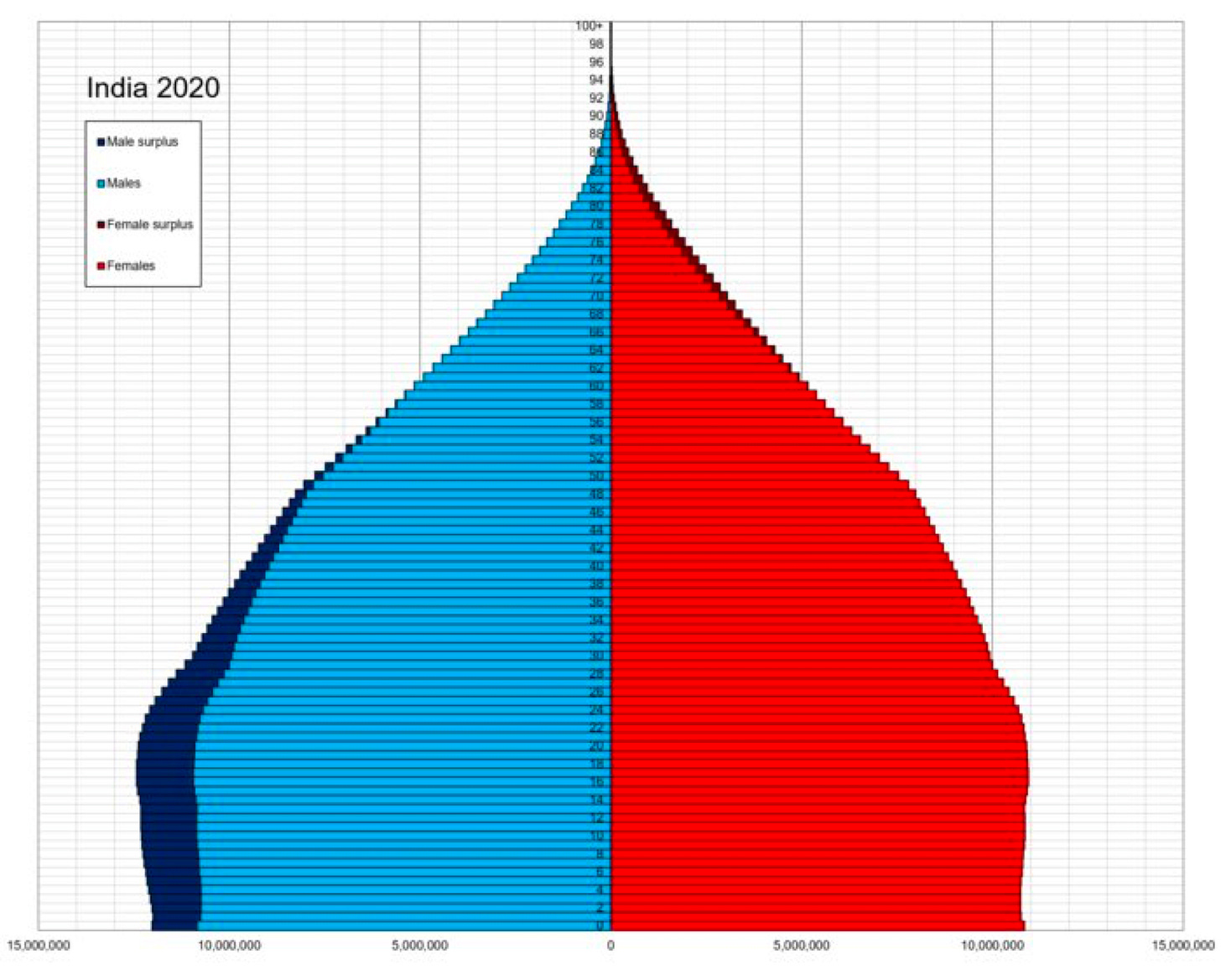Is there a Crisis of Masculinity?
This week I was interviewed by the Economist, on whether there’s a crisis of masculinity. Since media time was short, I want to share my answer unabridged.
Donald Trump's and Andrew Tate's sexism may go viral, but such views are vanishing. Although algorithms turbo-charge hate, Europeans and Americans increasingly endorse gender equality. In patrilineal Asia, meanwhile, modernisation has created a real crisis of incels.
Do Trump and Tate’s popularity reflect a patriarchal backlash?
Donald Trump and Andrew Tate have gained notoriety, for treating women like sex objects.
“I’m not saying they’re property.. I am saying they [women] are given to the man and belong to the man” - Andrew Tate, kickboxer and millionaire businessman, who had 4.7 million Instagram followers)
If my woman likes another man’s photo, she’s out the fucking door” - Tate.
Meanwhile, Trump has just been found liable for sexual abuse.
Are they canaries in coal mines of wider misogyny? I suspect not.
Instagram, YouTube and Facebook design their algorithms to maximise user engagement - as Acemoglu and Johnson discuss in their new book “Power and Progress”. By cultivating indignation, companies maximise advertising revenue.
Online news consumption is also driven by negativity. Aghast, users share content they find horrifying. Widely-shared clips thus appear pervasive. It’s then hard for any user to do the statistical gymnastics and calibrate rarity. In truth, Tate is just one Brit in 67 million.
Misogyny is declining. Tate and Trump do not reflect a wider trend. Representative data tells us that young people overwhelmingly support gender equality. Levels and rates of change vary geographically, but the world is at its most gender equal.
In Alabama, I met many of Trump’s supporters. None revelled in his misogyny. His sexism is deemed unfortunate, but widely overlooked. They appreciate him as a ‘strong man’, who will act tough and police the border. Republicans overwhelmingly prioritise national security. Indeed, for these same reasons, Alabama has just elected a female Republican senator, Katie Britt, a young mother.
Even if Tate and Trump do not reflect a patriarchal revival, one might nonetheless be concerned by algorithms that boost vocal extremists and worsen the perception of ideological polarisation.
The modernisation of patrilineal societies has generated incels
China, Korea and India are all patrilineal. Baby boys are celebrated, as scions of the family line. Son preference has been exacerbated by falling fertility, leading to uneven sex ratios. This presents an acute crisis in ageing East Asia, where older bachelors struggle to find younger brides. They face a ‘marriage squeeze’.
South Korea’s sex ratios at birth are now approaching parity. Security in old age has been improved by savings and national health insurance. Sons are no longer preferred. But the current generation of young men still faces a seriously skewed dating market. This has four effects:
The world’s highest male per capita spending on skincare.
Righteous resentment is reinforced in the manosphere, brimming with hostile sexism.
Angry young men overwhelmingly supported their new “anti-feminist” president.
Male frustrations and restrictions on female freedoms in authoritarian China
Bride prices prices are soaring in China, as demand outpaces supply. Parents increasingly invest in property, to improve their children’s marriage prospects. Poor, less educated men are increasingly uncompetitive and unmarried. To increase their marital competitiveness, some turn to crime. Meanwhile, families lose ‘face’ - ashamed by social failing. Incels thus constitute a security threat.
To maintain social stability, the Chinese government has tried to shame women into marriage - tarring them as “leftover”. Law courts also restrict divorce. Analysis of 150,000 divorce trials in Henan and Zhejiang reveals that women’s requests are repeatedly over-ruled. The Supreme Court also tried to scupper women’s exit options, by ruling that pre-marital property would remain with its owner (the husband). Confronted by a structural problem of frustrated incels, the CCP represses female freedoms.
Adverse sex ratios are also associated with incel subcultures in America. But, since US sex ratios are more even, the effects pale in comparison.
India’s imminent crisis
India also has a surplus of men. There is no crisis, since grooms can find younger brides. However, fertility is now falling. What’s happening in South Korea and China is coming to India. We should anticipate male resentment (and coercion).
[N.B. Guilmoto made these calculations in 2011, I think it’s slightly optimistic, as he didn’t predict India’s rapid fall in fertility]
The Great Gender Divergence
Culture mediates structural transformation and demographic transition. Modernisation in patrilineal Asia has spawned skewed sex ratios, frustrated incels and a real crisis of masculinity. The West also faces problems of hate, but since this is amplified by corporate algorithms, it is far more amenable to transformation.















About both Tate and Trump's appeal (to younger men at least): no small part of their appeal comes from them being explicitly *countercultural.* Once it was rebellious to be progressive and liberal, but that is now the dominant western culture. So for angry young men, rebellion now takes the form of misogyny -- which only works as rebellion because the broader culture is egalitarian!
The fact that you take a long-term, global, data-driven perspective on gender issues is so refreshing - and interesting.